DELILUH!
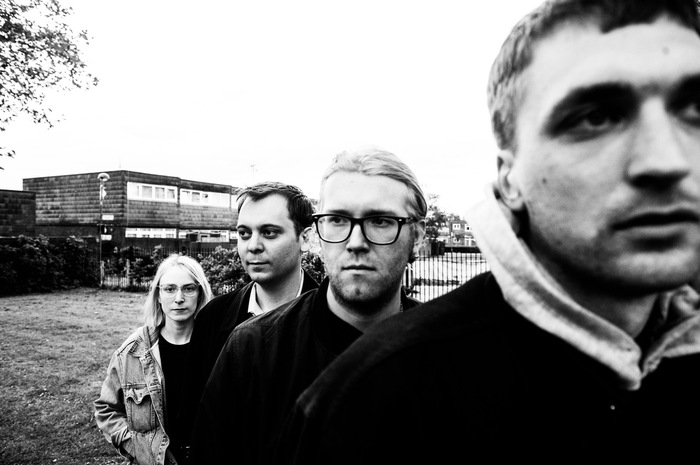
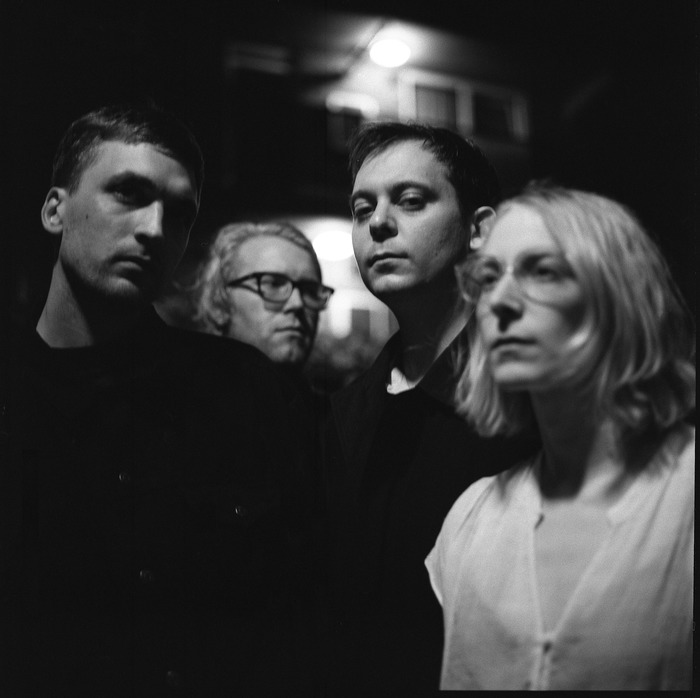
Emerging experimental art-rockers, Deliluh release their second new full length record of the year, Beneath The Floors, to accompany this Spring’s Oath Of Intent.
Via Telephone Explosion (Freak Heat Waves, OdonisOdonis, Teenanger) and Tin Angel Records (Mauno), the band continue to dig into diamond tough post-punk and exuberant experimentation, with spoken vocals narrating the scene, dipping between frantic and monotone.
‘Maybe being unpopular allows you to make more music, because if you have less to keep you busy..’
Deliluh’s live propensity to ignore the traditional circuit of bars and clubs in favour of unconventional venues has built a reputation at home, and one they intend to maintain. Over the past few years, they’ve given audiences a variety of performances in bakeries, libraries, apartments, and a decommissioned subway platform.
‘It’s been amazing for us to see how varied festival curation has been in Europe this year – giving platforms to so many different voices and cultures is a powerful thing.’
The group’s slow-burning force is becoming more potent by the month. Foregoing the clean polish of professional studios for living spaces of contextual importance, Deliluh’s dedication to thoughtful writing and analog documentation has been a constant process that’s kept loyal fans highly anticipating the culminate fruit in this year’s offerings.
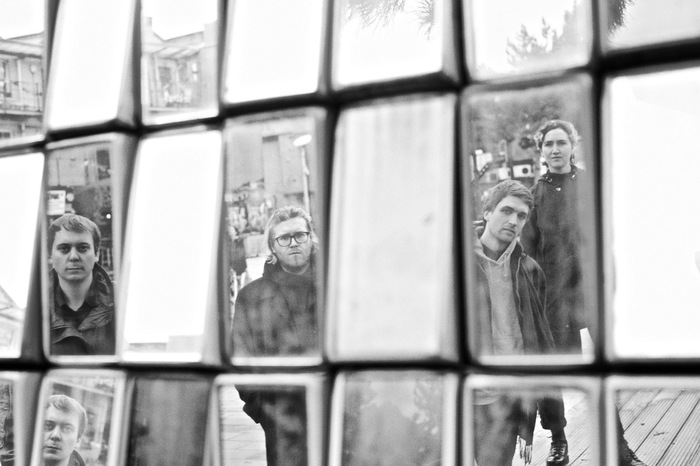
How are you all, right now?
Exhausted. We just finished touring for the year, so it’s nice to finally stay in one place for a few weeks.
Why do you think that there are so many venues dissolving rather than springing up?
Live music is a tough sell and a tricky business to be in. For proper venues to stay afloat, they need to constantly attract new patrons and diversify their programming, which is easier said then done on a day-to-day basis.
Also, where we come from, everyone is in a band. The pool of talent is overflowing, exposure is limited, and it’s hard to tour if no one knows who you are. This also makes it difficult for venues to book touring bands if no one shows up to the show, so there needs to be more appeal than just the music. Increased noise regulations have made it more challenging for small spaces to get loud in cities or towns with a high enough density of people as well. Over all, the odds are stacked against venues, and it’s a struggle to keep one running steadily long term.
Tell me more about the apartment LIVE shows and do you think there could be a future in this?
Those shows were a thrill. It was an amazing time to see small bands play to a packed room with no rules. It allowed people to relax and be themselves, and the shows would often keep going until sunrise. I think if you’re in a neighbourhood where you can get away with hosting shows, it’s worth giving it a shot. It was a gift to have that apartment as long as we did.
Do you prefer playing art spaces, or bars, or venues traditionally known as music venues. Know what I mean?
We used to avoid playing bars because they all felt the same. But in the end, it’s just nice to play in a space that has character. Whether it’s a bar, or a gallery, or someone’s home – as long as it’s memorable and not just a black box, they can all work. On tour, performing in a variety of spaces can be healthy too.
Why and how you do you think that your song writing has evolved into a more fictionalized style?
It began as an exercise more than anything, but it’s become more fun with time. Writing from the perspective of made up people or places can be entertaining. It’s a challenge sometimes too – finding the right words to fit a song can be tough enough on its own. But to tell a story in a compelling way can deliver a different experience altogether.
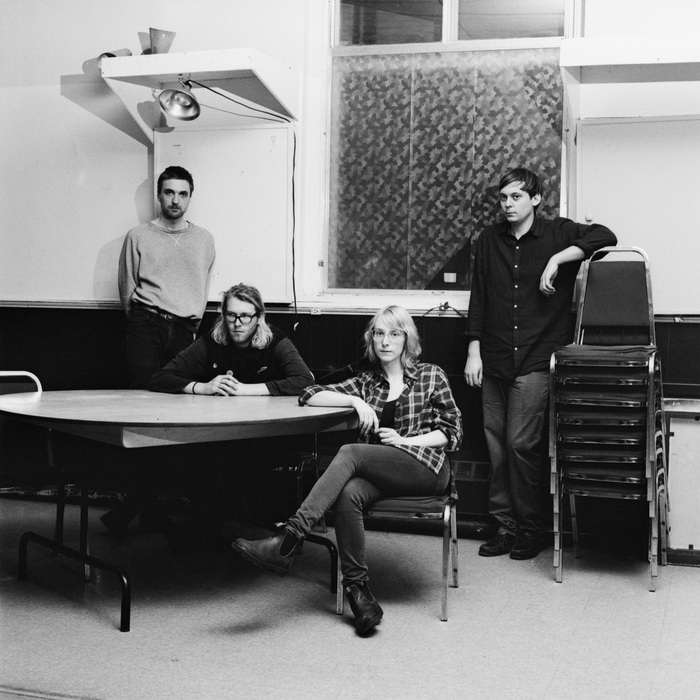
I really dig your song, ‘Salford’ which you used as the fictionalized and abandoned town stuck in a cycle of manmade exploitation.
Why did you select Salford, and did you know that the track ‘Dirty Old Town’ by Ewan Mccoll was written about, Salford?
Didn’t have anything to do with Ewan Mccoll, though ‘Dirty Old Town’ is a great song.
A lot of the bands we love come from Manchester, and specifically Mark E. Smith was from Salford. The lyrical approach of that song is read like a story, which harkens back to The Fall, and Jude suggested we name the song after where Mark E. Smith was from. None of us had ever been to Salford at that point, so it was just some foreign place that we picked because of what the music felt like to us at the time.
Tell me more about your origins, as a band and as individuals getting into music?
Kyle started the project as a home recording thing a number of years ago. Earlier iterations of Deliluh had different floating members from the Toronto DIY community, but eventually it landed on the current members to form a solid lineup.
Julius moved in with Kyle shortly after moving to Toronto. He joined the band soon after that, and this was also when the apartment started hosting shows more frequently. Erika used to play in a band called Mazola that played with Deliluh several times. Eventually she joined the band when we were looking for a new drummer/violinist. It was a perfect fit.
Jude used to play in a band called HSY that had a great run. They toured North America a bunch and then parted ways a few years ago. He joined Deliluh not long after that.
Hannah has lived in Berlin for a number of years, and began filling in for Erika on drums for our most recent tour, while Erika is working on her PHD back in Toronto. They’ve done an amazing job behind the kit.
How are you all doing residing in Berlin?
It’s been great, though we’ve been very busy since getting here. Having the record come out and touring has kept our plates full, but we’ve managed to explore a bit in between. It’s refreshing to be functioning outside of the comfort zone of our home town.
Why, Berlin?
It’s in close proximity to a lot of places. Jude decided to move to Berlin about a year ago, and later Julius found an apartment with a basement that we converted into a rehearsal space, so it was an easy enough decision to make.
Have you discontinued, or continued the lawless live apartment shows?
Those days are over. Kyle gave up the apartment not long after a noise complaint was issued. The shows were great while they lasted, but our new homes can’t accommodate those kinds of antics.
Skinny Puppy have to be one of the all time coolest acts around. ~~What is Canada cooling up to today, which our readers should dig into?
Hélène Barbier is a great friend and musician from Montréal who put out a wicked record called ‘Have You Met Elliott?’ this year. It rips. Also, Toronto bands like Retired and Ice Cream and electronic acts like Korea Town Acid and E-Saggila are faves of ours.
Which is the band’s go to equipment?
It’s all pretty standard stuff – not many frills. Kyle has a space echo that he likes to use with sax, but it’s broken at the moment. Julius scooped up an Eventide Space pedal this summer that has been getting good use with his guitars and Moog Mother.
In an interview with ‘getintothis’ I dug where you talk about ‘resources dwindling all around us’ which unfortunately ‘favours’ ‘old hat’ music.
Can you help explain the potential ‘negative’ effects of this long term?
Not sure whether it will have negative effects long-term per say. Anything that happens has a reaction. If the music propped up by Canadian industry funding is the same boring crap all the time, people will eventually gravitate to newer sounds, and things will change. For the time being though, it’s pretty bleak.
Overall, has the internet and advancement of technology helped artists?
In some ways, definitely. The resources to make and release music are more accessible than ever. In other ways, it’s harder to make an impact and cut through the malaise because of how easy it is for everyone to make music. And to sustain yourself through a career as an artist has become brutally tough. For most original musicians I know, making a living through their craft comes with real compromises in standards of living.
I also dug how you felt that the local bar scene around you, began to feel ‘stale’ leading to guerilla performance house shows, or in abandoned areas of the city, which were more about enjoying the show!
Why do you think you are the renegades of this idea, when in actual fact you talk about how it has been a natural occurrence in Toronto for some time?!
Our experience may differentiate a bit from other DIY Toronto bands from how we started. One thing we usually forget to mention is that in the beginning it was next to impossible for us to get gigs at all, venues or otherwise. No one really wanted to book or play with Deliluh in Toronto. We weren’t hard enough for the punk crowd, and we were too weird for the garage and folk circles… we definitely weren’t winning any popularity contests for those first few years. So we took matters into our own hands, and started throwing shows in unique spaces that would be fun to party in. Also, we began to recognize other weird bands that weren’t being given a platform, so we’d help organize shows for them as well, and the whole thing kind of took off from there. Later on, local venues started asking us to play, but we knew we’d have a better time if we just kept doing our own thing. We had created an alternative that was working, and we didn’t feel pressure to play venue shows to ‘get ahead’ or anything.
What did you dig most about the short documentary upon the recording of your May EP release, ‘Oath Of Intent’?
Mostly the grimy footage of all the bands from our community, and some of the funny excerpts from recording. Owls Club has a special place in our hearts, so it’s nice to have it documented in that way.
Do you think being elusive and ‘underground’ helps you release music as frequently, as the seasons changing?
Probably not as much as some might think. Maybe being unpopular allows you to make more music, because if you have less to keep you busy, you can just be creative all the time and not have to worry about anything else. But if you treat your project like a working and evolving thing, that you need to nurture, and your main priority is to create art, than you can make as much as you put into it. Doesn’t matter how reputable or famous you are. We’re not the type of band to rest on our laurels, so making music isn’t something we’ll be slowing down on anytime soon.
Is there such thing as ‘selling out’ these days and ‘mainstream’?
Maybe, but it should be established what ‘selling out’ is and what it isn’t. Being true to yourself and your values is the main thing. If someone wants to pay for your work, and you’re not hurting others by cashing in, than what’s the issue? And if you’re making the music you wanna make, whether it’s pop or avant guard, it’s all about believing in your craft.
What does the band feel defines the last generation of music and art and are you guys nostalgic at all?
Nostalgia’s a dangerous thing, but you can’t deny great music from the past. Sometimes it carries weight and foresight to teach us about where we are now. It’s when people yearn for ‘the good ol’ days’ that it becomes vapid. Maybe this generation is defined by technology and globalization more than anything. We can listen to beautiful music from all over the globe, and more and more, new music is being influenced by different styles and genres across cultures that seem worlds away from each other. It’s been amazing for us to see how varied festival curation has been in Europe this year – giving platforms to so many different voices and cultures is a powerful thing.
Tell me your hopes for 2020, please?
We will continue to live and breath the cool air. More shows in Europe to be announced soon, and chipping away on new material, as per usual.
Thanks!

- NEW FRIES! - 08/21/2020
- MR STERILE! - 06/08/2020
- DELILUH! - 01/01/2020

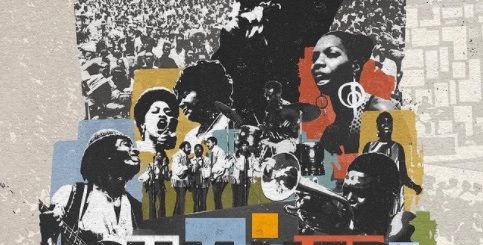
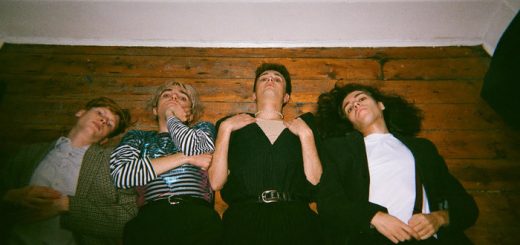
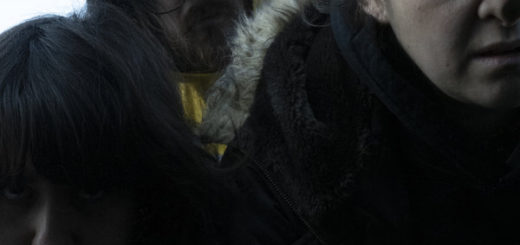
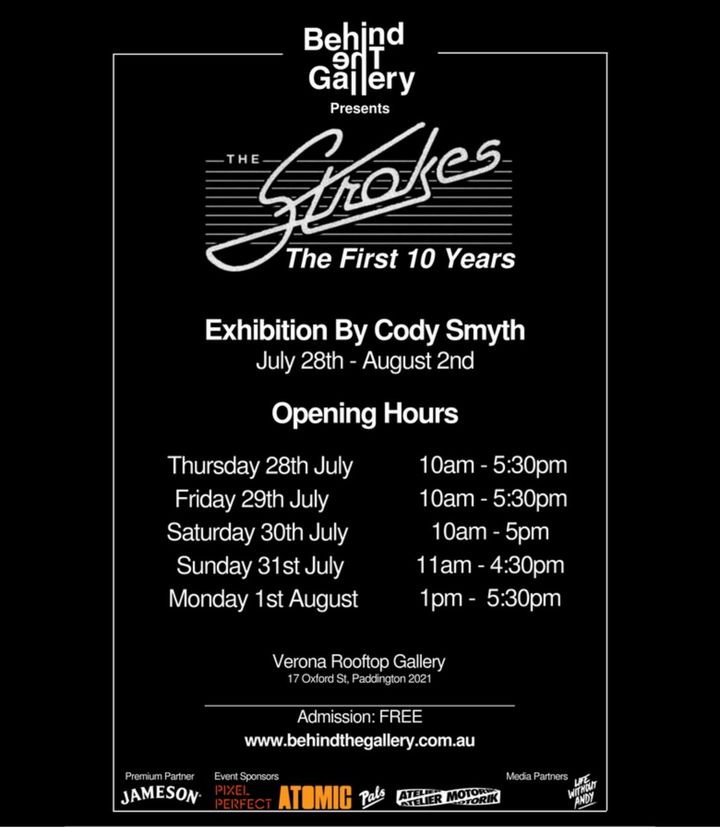
Comentarios recientes